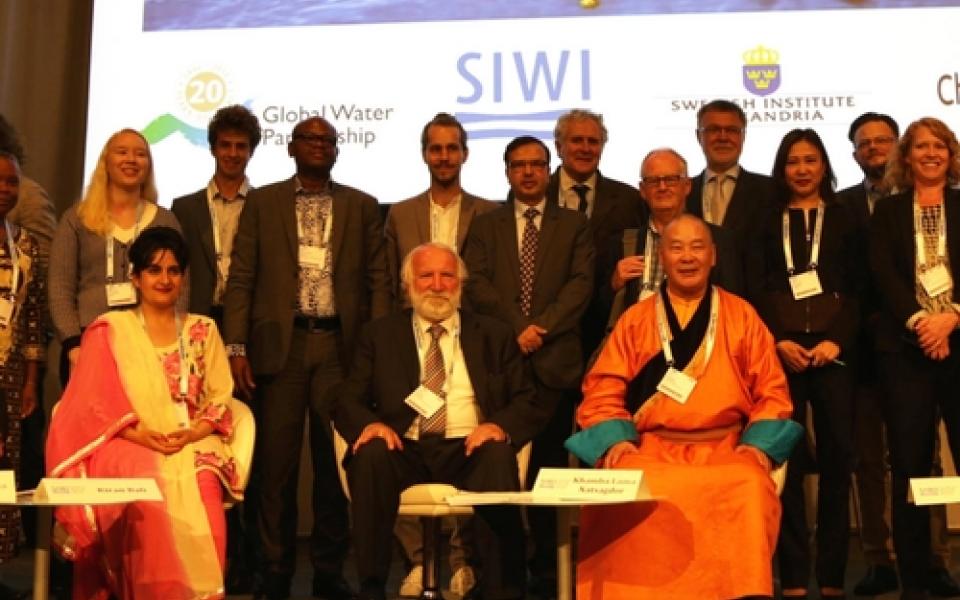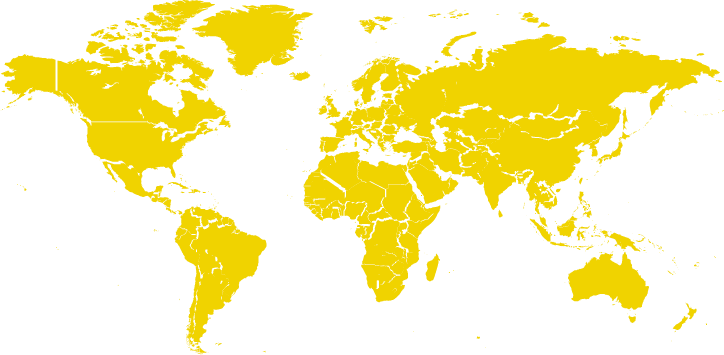
World Water Week is the global focal point for water issues. This year, the conference welcomed 3,100 participants from over 120 countries. Implementation of the Sustainable Development Goals (SDGs) including the goal on water (Goal 6) was one of the key issues discussed by high-level policy makers, development and water professionals, researchers, civil society and private sector representatives.
Throughout the Week, there was a focus on implementation and action, particularly at the local and city level, marking a transition from the global discussions and negotiations that led to the adoption of the SDGs and the Paris Climate Agreement in 2015. For more information, visit www.worldwaterweek.org.
Individuals and organizations from around the world gathered to network, exchange ideas, foster new thinking and develop solutions to the most pressing water-related challenges of today. The theme of the conference was Water for Sustainable Growth.
Kiran Bali MBE JP, URI Global Council Chair and Hindu Leader was invited to address the conference and issued a passionate plea: “This is an appeal to people of faith for a broader introspection around the human need of the hour, namely safe, equitable and sustainable water supplies. Over 783 million people don’t have access to clean water. Women spend 200 million hours a day fetching water, leaving behind earning opportunities and thus increasing poverty.”
Water has profound symbolic meaning in many religious and local traditions and water stress is particularly acute in many parts of the world in which faith is a central aspect of individual and community identity.
The faith communities are the biggest organized element of civil society and major providers of health, education and relief service worldwide. With over 8 in 10 people worldwide identifying with a faith, we have the power to spur far-reaching changes in people’s mindsets and behaviors around water consumption and preservation.
We as faith communities have the influence to bring extraordinary improvements in health and wellbeing through leading the collaborative achievement of the water related sustainable development goals. Our places of worship are already providing environmental education and inspiration towards thoughtful actions and values. Through interfaith cooperation our efforts will have enhanced strength and impact."
